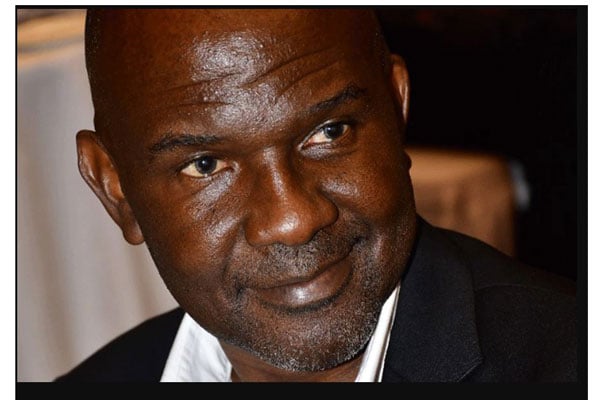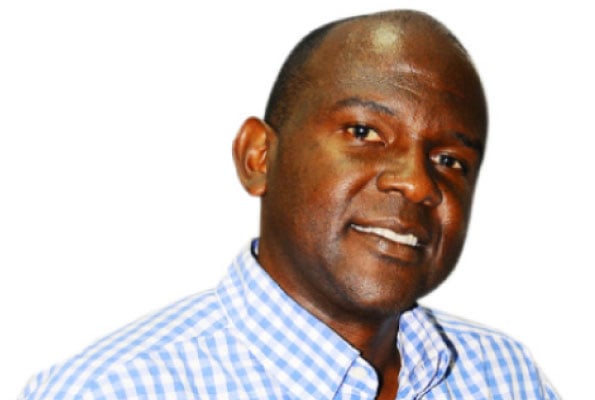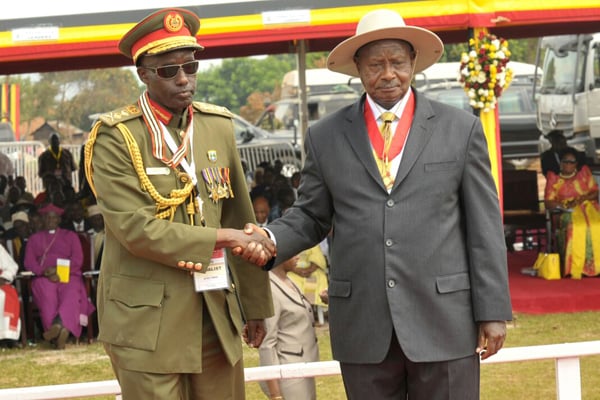
Mr Nicholas Sengoba
Prior to the presentation of this year’s State of the Nation Address (SONA,) a group of senior journalists and I had a long discussion. It centred around what we thought President Museveni would deliver this time round.
Worrying, was the conclusion that Museveni would not say anything very different from what he has said in the past addresses. Having been in power for the last 38 years, it has now become easy to second-guess; with accuracy, what the President will say or do or not do at all, in different circumstances.
We got most of the issues right, like choice of topic and what he would say. Corruption; to be fought relentlessly but without specific plans, timelines, and consequences. Painting a picture with rosy figures, of a robust economy doing well amidst several challenges -and only getting better. There would be severe warnings to the ‘enemies’ of the state to be dealt with mercilessly by the security agencies led by the army headed by his son, Gen Muhoozi Kainerugaba etc.
Many would ask why we should take serious interest to the extent of being ‘obsessed, with the President’. The simple answer is that in any country, the President is a, or the, major newsmaker. What they say or do, greatly affects the direction and the lives of the people fundamentally, be it politically, socially or economically.
In small countries like Uganda where the President is involved in almost everything from land disputes to sharing of market stalls to cabinet appointments etc., you cannot afford to ignore the office holder.
But news is made interesting and eye-catching by continuous change and mystery, which gives it new angles for anticipation and excitement.
‘Small things’ like their style, tastes and preferences, hobbies, dress code, their belief system, family, etc. also enrich and interest people in the information they consume. For instance, it would sell copies if a monogamous President has a ‘side chick’ and children like it happened in Kenya.
Most importantly whenever you have a change in government and the person of the president, the media is endowed in two major ways. There is history to analyse and the future to anticipate.
When Idi Amin fell in 1979 many newspapers like the Weekly Topic, came out to boldly report the history of Amin’s regime. He was no longer around to shut them up with his iron fist. They also made a case for the new order which involved many new personalities on the political scene within the governing UNLF. Many of these had divergent views and represented jostling interests of forces like UPC of Apollo Milton Obote, and Fronasa of Museveni. These would dominate Uganda’s political scene in the near future.
Look at Kenya over the last 40 years they have had four different presidents; Daniel arap Moi, Mwai Kibaki, Uhuru Kenyatta and now the globetrotting William Ruto. They have all come in with very different styles, outlooks, and outcomes in their regimes. With their constitutional order, you can bet that in the next eight or so years there will be a different set of leaders in charge. This generates a lot more interest than in situations where there is no change at the top.
Since 1986 you have one party NRM and President Museveni in charge of Uganda. The 38 years are more than half the 62 years Uganda has been Independent.
Basically, the reporting of politics is about the same personalities who have reinvented themselves and reached their breaking point.
The journalist has to be very innovative to write and deliver new information about the major political actors who have been on the scene for almost 4 decades. There is a limit to that. You cannot keep feeding the readers, viewers and listeners with the bush war heroics of the present leaders year in, year out and expect to always make a sale. Eventually, they will suffer fatigue.
A lot of the events that have happened in these 38 years especially the controversial ones like the 20-year war in Northern Uganda cannot be independently, honestly, and fearlessly critiqued.
The victors who write the history are still in charge. The possibility of shutting down a media house and imprisoning journalists in case they are unhappy about what is said is real.
So we can only either speak about them in parables or leave them to pass, all together. In so doing the media is accused of being cowardly and pocketed.
Besides, one of the resorts of governments that stay too long in power is that as they grow weaker, they hold onto power by weakening society. It becomes very difficult to earn a living as businesses face serious austerity measures. The number of people who live on less than a dollar a day becomes a significant economic indicator. In such circumstances buying or subscribing to a newspaper of less than a dollar becomes a matter of serious debate. People will not sacrifice their money for information that is not new and unique.
Social services deteriorate as regime supporters are rewarded with jobs and tenders plus access to abuse of public funds. Reporting about such corruption which is not acted upon loses and eventually loses meaning.
A country like Uganda which is not conquering the sky, manufacturing high-quality goods, and making discoveries in the world of artificial intelligence, science and technology. One that isn’t building next-generation infrastructure, and of course not running a conveyor belt of new leaders with fresh blood and ideas, can’t create breathtaking news to be easily paid for.
We are left with reporting the contradictions that slip through the net. We juxtapose the water that was preached in the past and wine that is being practiced as the long-staying leaders face the realities of running government.
So, when Museveni points out nepotism we remind him with quotes of the days he trashed the past governments for ‘undugu’ (brotherhood.) It saw them appointing their kinsmen to high office. We then give examples of his wife Hon. Janet Museveni in the cabinet and son Gen. Muhoozi Kainerugaba heading the UPDF. When he talks about Africa’s problems, we quickly remind him of what he said in 1986. That it is the leaders who stay too long in power- like he has done.
Sadly, when they do so, the stories that the media run about them eventually become predictable, stale, and obsolete. This is very bad for the media business as people are less willing to pay for information they have been treated to and have not been acted upon, over and over again.
Twitter: @nsengoba




